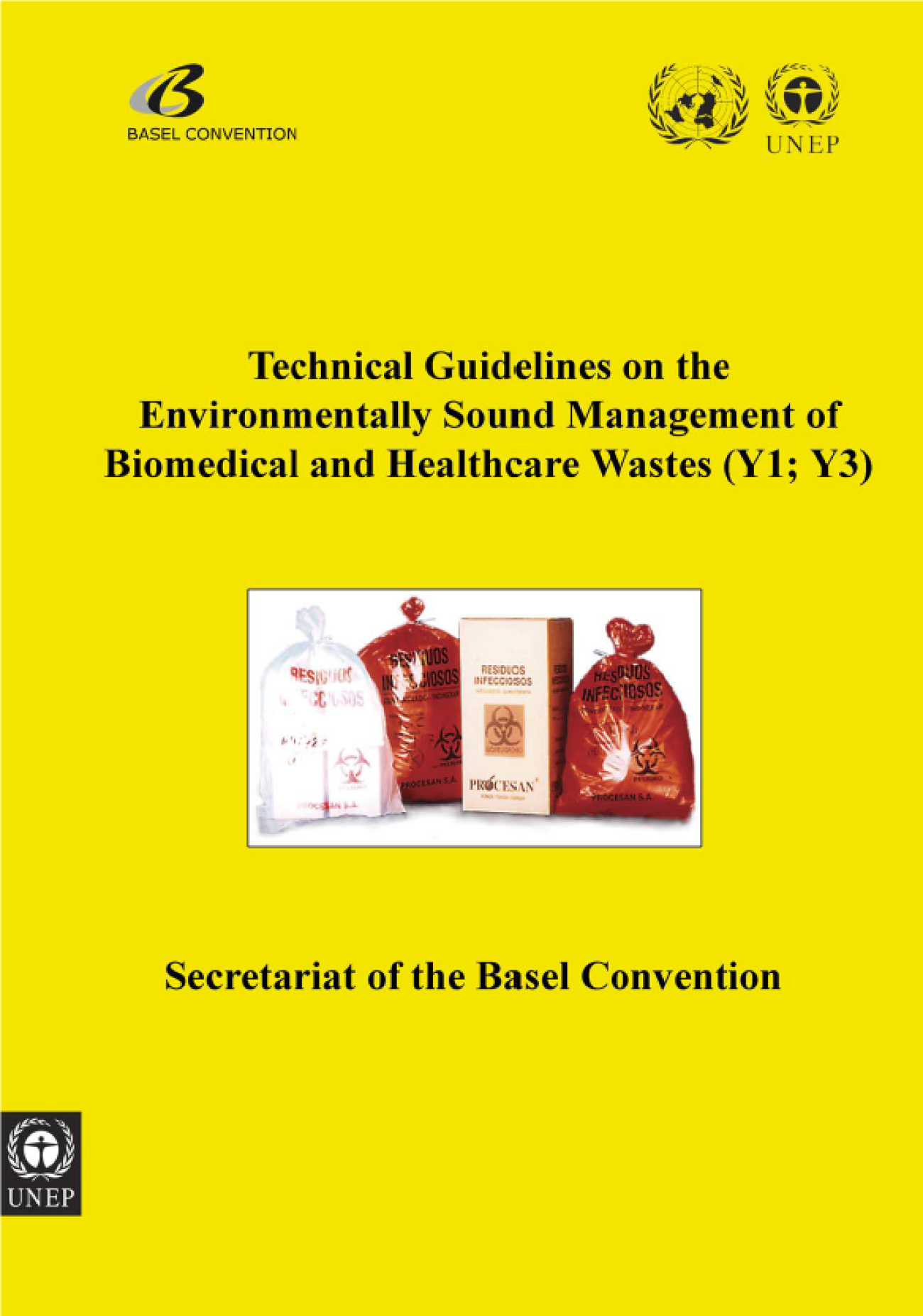While all efforts are dedicated to suppress the spread of the COVID-19, we also need to be conscious that this health pandemic is also imposing stressful impacts on our economies and the environment.
The United Nations Environment Programme (UNEP) is calling on the governments to bear in mind waste management particularly medical, household and other hazardous waste, as an urgent and essential public service in order to minimize possible secondary impacts upon health and the environment.
With the scale of this pandemic, it is not hard to imagine the volumes and the types of additional medical and hazardous waste being generated, including infected masks, gloves and other protective equipment, together with a higher volume of non-infected items of the same nature. Unsound management of this waste could cause unforeseen “knock-on” effects on human health and the environment.
The safe handling, and final disposal of this waste is therefore a vital element in an effective emergency response.
Effective management of biomedical and health-care waste requires appropriate identification, collection, separation, storage, transportation, treatment and disposal, as well as important associated aspects including disinfection, personnel protection and training.
The UN Basel Convention’s Technical Guidelines on the Environmentally Sound Management of Biomedical and Healthcare Wastes, is a useful resource that includes information and practical aspects of waste management useful for authorities seeking to minimise hazards to human health and the environment.
NOTES TO EDITORS
About the Basel Convention on the Control of Transboundary Movements of Hazardous Wastes and their Disposal
This is the most comprehensive international environmental agreement on hazardous and other wastes and is almost universal, with 187 Parties. With an overarching objective of protecting human health and the environment against the adverse effects of hazardous wastes, its scope covers a wide range of wastes defined as hazardous based on their origin and/or composition and characteristics, as well as two types of waste defined as “other wastes”, namely household waste and incinerator ash.
The Secretariat of the Basel, Rotterdam, and Stockholm Conventions, or BRS Secretariat, services the three leading multilateral environment agreements governing hazardous chemicals and waste, in order to protect human health and the environment.
About the UN Environment Programme
UNEP is the leading global voice on the environment. It provides leadership and encourages partnership in caring for the environment by inspiring, informing and enabling nations and peoples to improve their quality of life without compromising that of future generations.
For more information, please contact:
Sefanaia Nawadra - Head of Office, UNEP Pacific ; sefanaia.nawadra@un.org
Keishamaza Rukikaire, Head of News & Media, UNEP, +254717080753
Charlie AVIS, BRS conventions ,Public Information Officer, Geneva +41-79-730-4495







